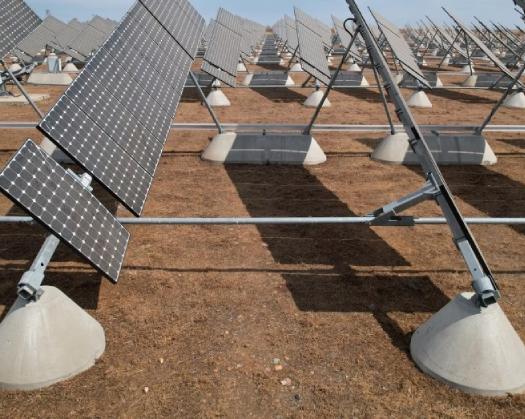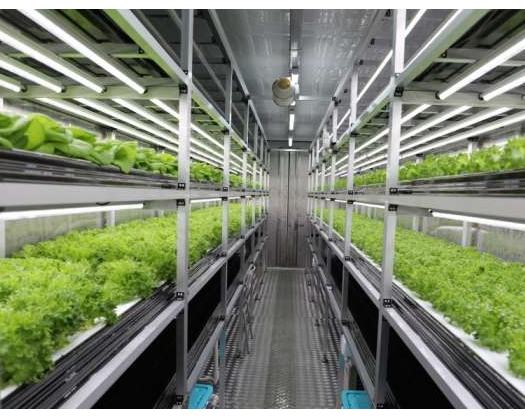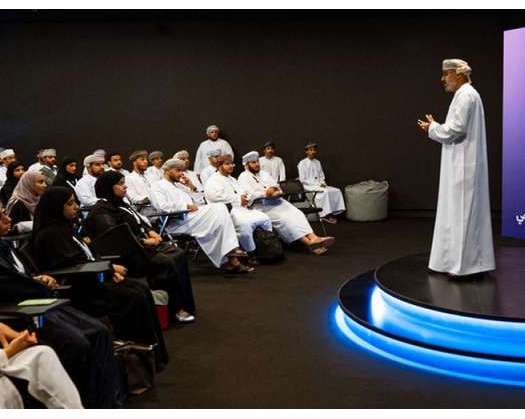LOS ANGELES: According to two sources familiar with the White House plans, the Biden administration is anticipated to approve a request from South Korea's Hanwha Qcells to revoke a trade exemption that has allowed the import of a dominant solar panel technology from China and other countries without tariffs. This news has resulted in an increase in the shares of solar manufacturers, including US-based First Solar, during afternoon trade.
Hanwha Qcells made this request in order to safeguard its planned $2.5 billion expansion of US solar manufacturing against competition from more affordable Asian-made products. The solar division of Hanwha Corp, a Korean conglomerate, formally submitted the request to the US Trade Representative on Feb. 23, along with letters of support from seven other companies that have significant investments in US solar factories.
The sources have not disclosed any information regarding the timeline for the expected reversal. However, imposing duties on imports of bifacial panels, which are the primary technology used in utility-scale solar projects, would greatly benefit the over 40 solar equipment factories that have been planned since President Joe Biden signed the Inflation Reduction Act, a landmark climate change law, in 2022.
These factories play a crucial role in Biden's efforts to combat climate change, revitalize American manufacturing, and generate millions of union jobs.
The US solar industry has been deeply divided by past trade remedies, particularly due to the reliance on inexpensive imports by installers and developers to maintain low project costs.
The Solar Energy Industries Association (SEIA), the leading trade group in the US solar sector, pushed for the exemption for bifacial solar panels. SEIA did not directly mention the exemption but instead advocated for an increase in the quantity of tariff-free solar cells that can be imported to support companies that assemble American-made panels.
Stacy Ettinger, SEIA's senior vice president of supply chain and trade, expressed hope that the Administration would actively promote the growth of domestic solar module manufacturing by raising the tariff rate quota on cells.
Recent statements from Biden administration officials, such as Treasury Secretary Janet Yellen and US Trade Representative Katherine Tai, indicate that the US is considering trade remedies to address the challenges posed by China's significant investments in clean energy production capacity.
The solar panel matter is central to one of Biden's key arguments for re-election, highlighting the transformation of the US energy economy and the fight against climate change through his economic policies. However, the rapid increase in imports of low-cost Chinese panels has raised doubts about the growth of the domestic solar panel manufacturing market.
A group of bipartisan senators, including the two Democrats representing Georgia, a crucial state in elections, urged President Biden earlier this year to strengthen tariffs on Chinese solar panels. They warned that failing to do so could result in an oversaturated market just as clean-energy tax credits become available.
Qcells, the largest American manufacturer of silicon-based solar products, operates two factories in Georgia.
According to a petition obtained by Reuters, the company requested President Biden to eliminate an exemption for bifacial panels from the tariffs initially imposed by former Republican President Donald Trump in 2018. These tariffs were later extended by President Biden, a Democrat, in 2022.
The current tariffs on imported solar modules started at 30% and have now been reduced to 14.25%. They are set to expire in 2026.
"We are actively exploring all possible measures to ensure the success of the investments driven by the Inflation Reduction Act," stated a representative from the White House. "Our companies and workers possess the capability to compete with any entity, but it is crucial to establish a fair and equitable playing field." Bifacial panels have the ability to generate electricity from both sides, and they have become the dominant choice, accounting for 98% of imported modules, as stated in the petition.
Qcells, in their petition, argues that taking action is necessary to safeguard the numerous proposals for expanding solar manufacturing capacity in the United States, which have been stimulated by the incentives provided in the IRA.
"Despite the positive trends, there is mounting evidence that the influx of bifacial module imports is creating unfavorable market conditions, leading several companies to reconsider their plans for investing in the US," the petition highlighted.
According to the petition documents, Qcells' request has received support from seven other solar manufacturers with US factories. These manufacturers include First Solar, Heliene, Suniva, Silfab, Crossroads Solar, Mission Solar, and Auxin Solar.













